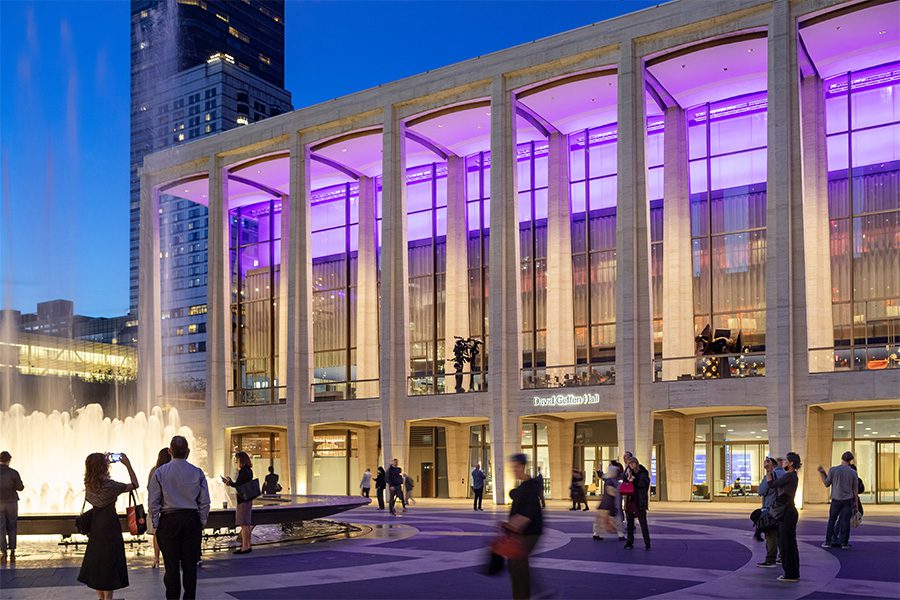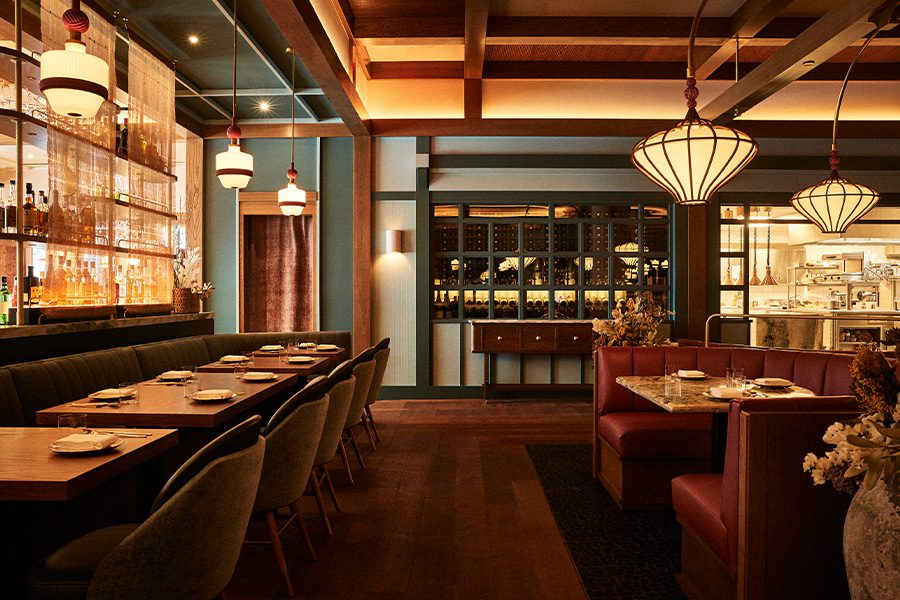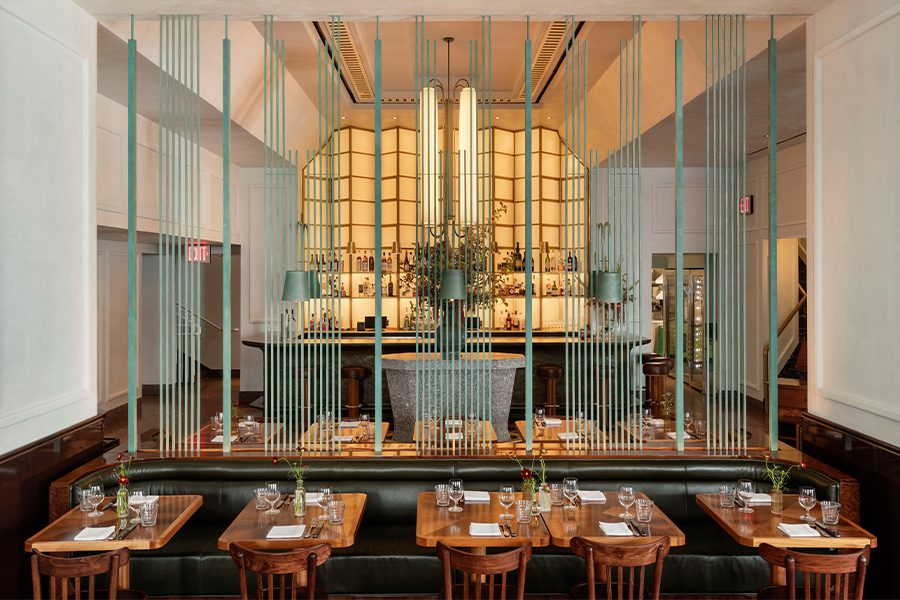The renovation of David Geffen Hall in Lincoln Center wraps two years ahead of schedule, Joan Didion’s estate sale is on display in upstate New York, and Yale commissions Barbara Earl Thomas and Faith Ringgold to create 12 meaningful decorative windows. All that and more in this week’s Five on Friday.
Joan Didion’s estate sale is underway (and it’s fabulous!)
View this post on Instagram
Nearly a year after the death of literary titan Joan Didion, Stair Galleries has launched an auction of wares from her California and New York homes. Items are on view through November 16th in Hudson, New York, but even those whose budgets don’t agree with Didion’s refined and worldly tastes can adore the objets d’art from afar by glimpsing the exhibition catalogue. The Cut also noted a few standouts in the estate, including tony tableware and a six-piece Le Creuset set, as well as a range of eyewear that promises to make a chic mood for any occasion. Faux tortoiseshell shades from Celine, for example, would pair nicely with a poolside read of Play It As It Lays.
New York Philharmonic unveils concert hall redesign

Photo courtesy of Tod Williams Billie Tsien Architects and Diamond Schmitt Architects
The New York Philharmonic’s David Geffen Hall has reopened following a facelift led by Tod Williams Billie Tsien Architects and Diamond Schmitt Architects, completed two years ahead of schedule. Dezeen reports that the 2,0000-seat Lincoln Center structure, which was originally designed in 1962, features a more open lobby complete with a redesigned circulation route and relocated escalators. The expansive space evokes a sense of grandeur with stately royal blue surfaces accented by gold detailing, bronze chandeliers, and a motif of falling petals. Inside the overhauled Wu Tsai Theater, a reduced seat count supports enhanced views of the stage, while beech wood panels are sculpted for optimal acoustics.
Are restaurant ratings fizzling out?

Designed by Workstead, brasserie Le Rock in New York’s Rockefeller Center received a three-star review from The New York Times last month; photo by Matthew Williams
The astrology of restaurant ratings is murkier than ever in the post-but-not-really-post COVID landscape. Publications like The Infatuation, The Boston Globe, and The New York Times ended the practice of attaching star ratings to restaurant reviews in early 2020 at the height of the pandemic in hopes of contributing to a more equal playing field for eateries. But as those three publications return to their old practices, Eater, The Washington Post, and The Philadelphia Inquirer are doing away with their star ratings as well. Do ratings appear flimsy right now because eating out feels flimsy right now? Bon Appétit argues that as restaurants continue to adapt and innovate to stay relevant, publications and readers can benefit from more context than a star or a bell or a numerical score. With the likes of Yelp and Google muddying the waters of what constitutes quality, ratings may now feel less and less like the utility diners once perceived them to be.
New windows address legacy of racism at Yale
View this post on Instagram
A dozen windows have been replaced at Grace Hopper College at Yale University. Designed by artists Barbara Earl Thomas and Faith Ringgold, the colorful new windows nod to the college’s namesake—pioneering computer scientist and mathematician Grace Murray Hopper—and student life. But the new artworks reflect Yale’s ambition to set Hopper on a new course. The Art Newspaper reports that Hopper College commissioned the new designs as part of an ongoing reckoning with its past. The residential college was previously named for U.S. president John C. Calhoun, an emphatic supporter of slavery whose legacy came to a head in 2016 when a Black dining hall worker smashed a stained-glass window that depicted enslaved people picking cotton. The name was changed in 2017 and the campus maintenance and kitchen staff are now among the subjects of celebration in the new artworks backlit by the sun each day.
HDTV: Tour Oiji Mi with chef Brian Kim and AvroKO’s Nick Solomon

Photo by Christian Harder
In the latest episode of HDTV, Hospitality Design explores Oiji Mi, a refined Korean concept from chef and owner Brian Kim newly opened in New York’s Flatiron district. An evolution of Kim’s former East Village eatery, Oiji, his new culinary destination is crafted by AvroKO to reflect the chef’s Korean roots through a lens that reinterprets East-meets-West conventions. AvroKO chief creative officer Nick Solomon also joins the conversation to illuminate the narrative behind the design.
More from HD:
HDTV: Tour Oiji Mi With Chef and Owner Brian Kim
4 Design-Forward Cannabis Stores and Dispensaries
Aethos Ericeira Embodies a Subtle Sense of Luxury



